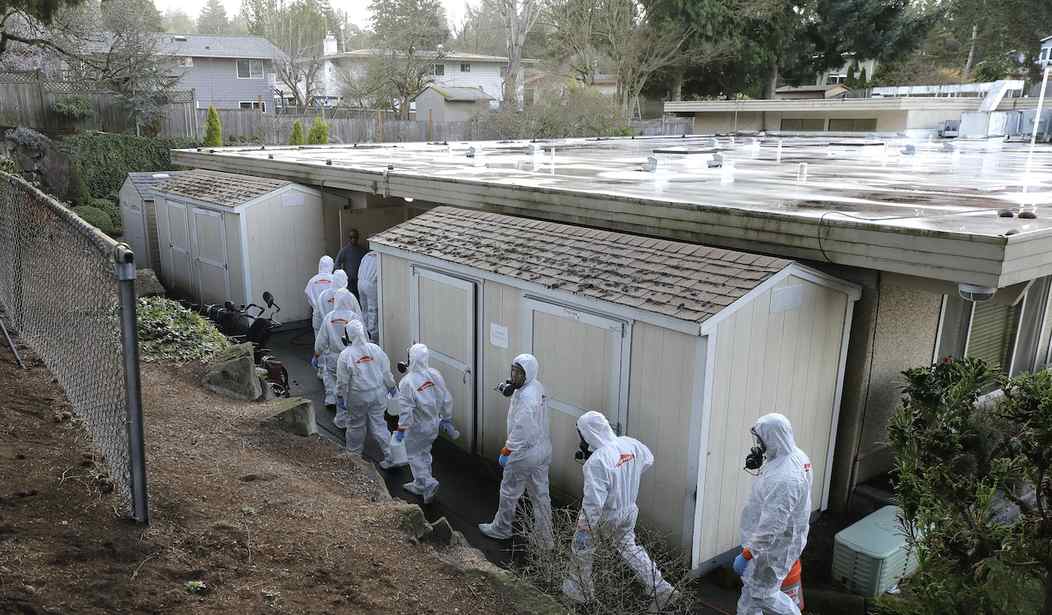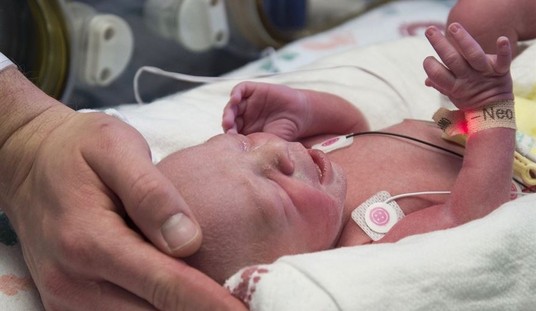In our interdependent, connected world, what happens in one country has a ripple effect that impacts almost every nation on earth.
A revolution in Columbia impacts the price of coffee. A tsunami in Indonesia has a lasting economic impact throughout much of Asia.
And a small, possibly manageable outbreak of a coronavirus that may or may not have leaked from a lab in Wuhan, China, became a deadly pandemic in a matter of weeks as tens of thousands of people traveled to their home countries from China. Those nations that first avoided the coronavirus were infected by travelers from other infected countries until the coronavirus raced around the world, sparing no one.
That’s the nature of the crisis we’re in. It’s global and getting out of it will depend on a global response.
As major European countries cheered a drop in coronavirus death rates this week, a top United Nations official warned of a looming crisis in poor countries that could “boomerang” back to rich nations – unless they help contain it.
“No one’s safe until everybody’s safe,” said Mark Lowcock, the UN under secretary-general for humanitarian affairs.
He said many low-income countries could see coronavirus infections peak in the next three to six months, and they will need an infusion of emergency aid in the coming weeks to keep the pandemic from decimating their already fragile health systems and struggling economies.
It’s a domino effect turned deadly. People in poorer countries flee the virus to safety, only to infect people in those countries who travel and then reinfect Western nations that will have largely beaten the virus.
And the whole accursed cycle of infections begins again.
“The countries where we work have the potential to act as kind of reservoirs for the virus if there isn’t significant effort to contain it in those places,” Lowcock said.
On Thursday, the British accountant and UN humanitarian chief plans to ask rich nations for $6.7 billion in pandemic assistance for as many as 50 developing countries from Latin America to Africa.
It won’t be enough, even if Lowcock convince Trump and the EU to pony up. It’s truly the case in most of these developing poor countries that people must work to eat. Billions of people are living hand to mouth, working when they can find it, eating when they can afford it. They are crammed together in slums — ripe breeding grounds for the coronavirus. They couldn’t practice “social distancing” even if they knew what it was. Nor can the economies of their countries be put on lockdown without mass starvation happening.
That’s not to say that some effort shouldn’t be made to mitigate the spread of the coronavirus in these nations. But the U.S. and other rich, industrialized nations have their own people to take care of. Lowcock wants to give new meaning to the phrase, “Give till it hurts.”
The UN’s humanitarian chief thinks that if we act now, we could turn a 10-year problem into a one-year problem. But the staggering cost of helping 50 countries stave off economic and social disaster goes far beyond any natural disaster relief ever imagined.
We may be forced to live with coronavirus making an appearance every year like the flu until a vaccine can be created. And we may very well have to initiate travel bans against those countries where the coronavirus is out of control.










Join the conversation as a VIP Member